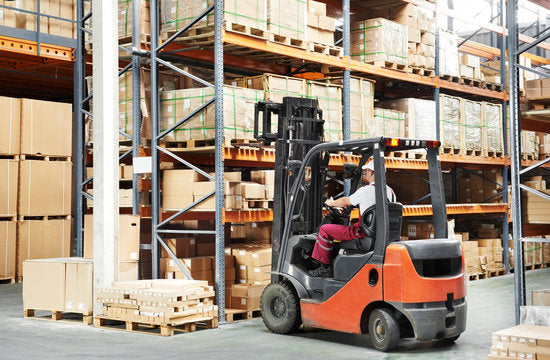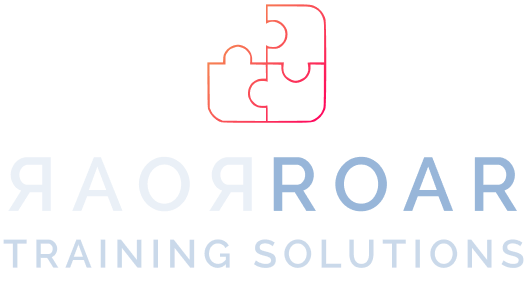ROAR Training Solutions
RIIHAN201E - Operate a Forklift / Refresher
RIIHAN201E - Operate a Forklift / Refresher
Couldn't load pickup availability
Course Title: Forklift Operation and Safety Training
Unit: RIIHAN201E
Course Description:
This comprehensive Forklift Operation and Safety Training course is designed to provide participants with the knowledge and practical skills necessary to operate a forklift safely and efficiently in a variety of workplace environments. The course covers essential topics including forklift types, controls, safety protocols, proper loading techniques, hazard recognition, and OSHA compliance requirements. Through a combination of theoretical instruction and hands-on practice, students will gain confidence in maneuvering forklifts, conducting pre-operation inspections, and handling materials safely.
Upon completion of the course, participants will be equipped to:
- Understand and identify different types of forklifts and their uses
- Conduct thorough pre-operation checks and routine maintenance
- Navigate forklifts safely in indoor and outdoor environments
- Load, unload, and stack materials with proper lifting techniques
- Recognize and manage workplace hazards
- Comply with OSHA standards and company-specific safety policies
This course is ideal for employees in industries such as warehousing, construction, manufacturing, and logistics who need to develop or refresh their forklift operation skills. Certification is provided upon successful completion, ensuring that participants are ready to contribute to a safe and productive work environment.
Prerequisites: None. However, participants should be physically able to operate a forklift and work in a warehouse or industrial setting.
Duration: Typically 1-2 days (depending on the training provider and group size)
Certification: Statement of Attainment forklift operator certification upon successful completion
Share








